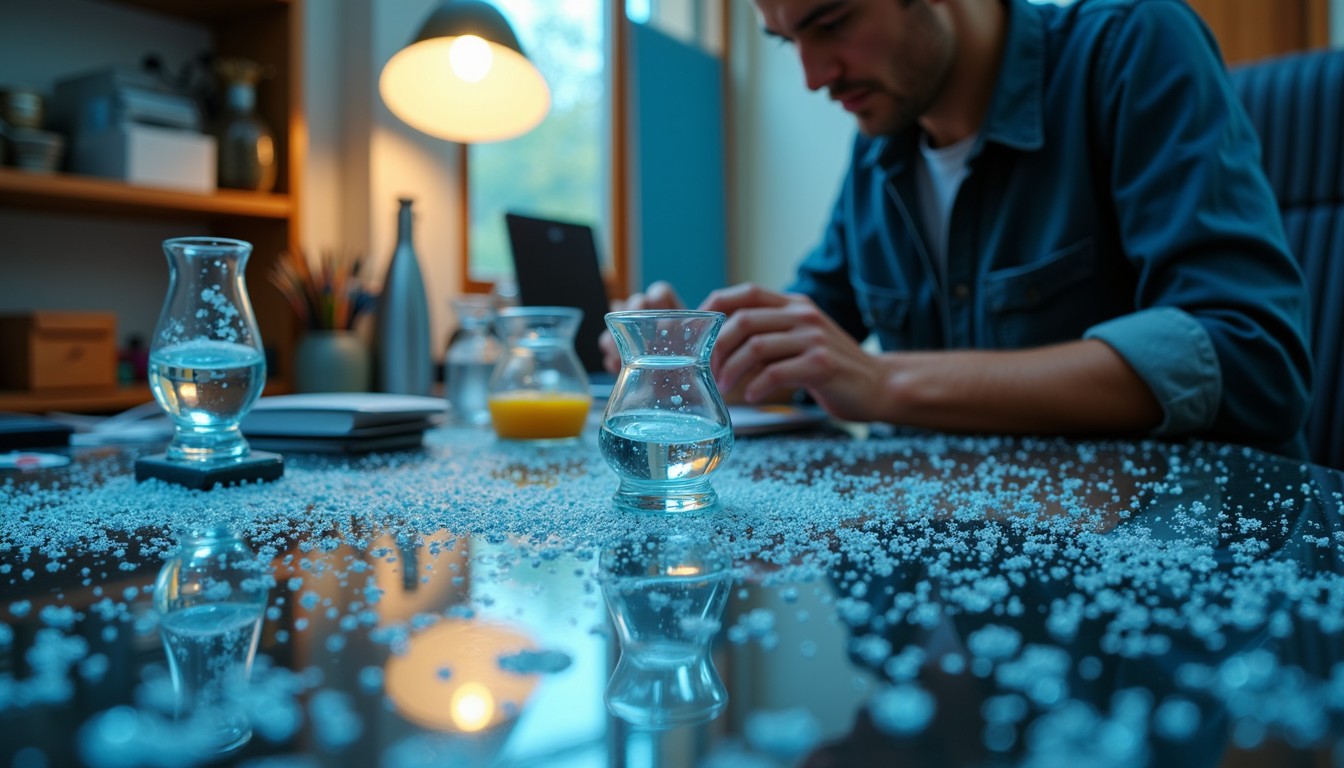The Placebo Definition & Effect has long fascinated scientists, doctors, and skeptics alike. What if I told you that a sugar pill could sometimes ease pain, improve mood, or even mimic the effects of real medication? It’s not magic—it’s the power of the mind-body connection, and new research is uncovering just how deep this phenomenon goes.
What Exactly Is a Placebo?
Placebo Definition & Effect, A is anything presented as a medical treatment—a pill, injection, or even a sham procedure—that has no active therapeutic ingredient. Yet, for some people, it works. The key? Belief. If a patient expects relief, their brain can sometimes deliver it.
New Findings: The Placebo Effect Is Getting Stronger
Recent studies suggest something unexpected—the placebo effect is increasing, particularly in clinical trials for pain and depression. One theory? Modern patients are more conditioned to expect results from medication, making their response to placebos stronger. This creates a headache for drug developers, as new treatments must now outperform not just the illness, but also the placebo.
Brain Scans Don’t Lie: How Placebos Rewire Us
Neuroscience has proven that placebos aren’t just “all in your head” in the dismissive sense. Brain imaging shows that dummy pills can trigger real neurochemical changes:
-
Pain relief? Placebos stimulate endorphin release—the body’s natural painkillers.
-
Parkinson’s? Fake treatments have been shown to prompt dopamine production, easing symptoms.
-
Depression? Even when patients know they’re taking a placebo (an approach called open-label placebo), some still report improvements.
The Nocebo Effect: Placebo’s Evil Twin
Just as belief can heal, it can harm. The nocebo effect occurs when negative expectations worsen symptoms. For example, patients warned about a drug’s side effects are more likely to experience them—even if they’re given a placebo instead. This has big implications for how doctors communicate with patients.
Ethical Dilemmas: Should Doctors Use Placebos?
While placebos can work, prescribing them deceptively is controversial. However, emerging research suggests that honest placebos—where patients are told, “This has no active drug but has helped others”—might still be effective. Could transparency and psychology combine for real-world benefits?
The Future: Harnessing the Mind’s Power
Scientists are exploring how to ethically integrate placebo principles into treatment. From optimizing patient expectations to using ritual and suggestion in therapy, the goal is to amplify the body’s natural healing responses—without deception.
Final Thought
The Placebo Definition & Effect isn’t about tricking people—it’s proof that perception shapes biology. As research evolves, one thing is clear: the line between “real” and “imagined” healing is blurrier than we thought.
What do you think? Could embracing the placebo effect revolutionize medicine—or does it risk undermining trust in treatment? Let’s discuss!
You may also know about





